Close arrow_back
- menu title
-
Custom Menu
add remove
-
Navigation
add remove
-
menu title
add remove
-
menu title
add remove
-
menu title
add remove
-
menu title
add remove
-
menu title
add remove
- menu title
-
Custom Menu
add remove
- Navigation add remove
-
menu title
add remove
-
menu title
add remove
-
menu title
add remove
-
menu title
add remove
-
menu title
add remove
Cape Town Agreement of 2012, 2018 Edycja
The safety of fishers and fishing vessels forms an integral part of IMO’s mandate; however, the fishing
industry, from a global perspective, does not have an acceptable safety record and, while there may
be a number of factors that have contributed to this, there can be no doubt that the lack of an effective
internationally binding regulatory regime has played a significant part in the status quo. The Cape Town
Agreement of 2012 was a renewed commitment for the provisions of the 1993 Torremolinos Protocol to
come into force and is expected to play an important part in improving safety standards and reducing
the loss of life ºn the fisheries sector.
industry, from a global perspective, does not have an acceptable safety record and, while there may
be a number of factors that have contributed to this, there can be no doubt that the lack of an effective
internationally binding regulatory regime has played a significant part in the status quo. The Cape Town
Agreement of 2012 was a renewed commitment for the provisions of the 1993 Torremolinos Protocol to
come into force and is expected to play an important part in improving safety standards and reducing
the loss of life ºn the fisheries sector.


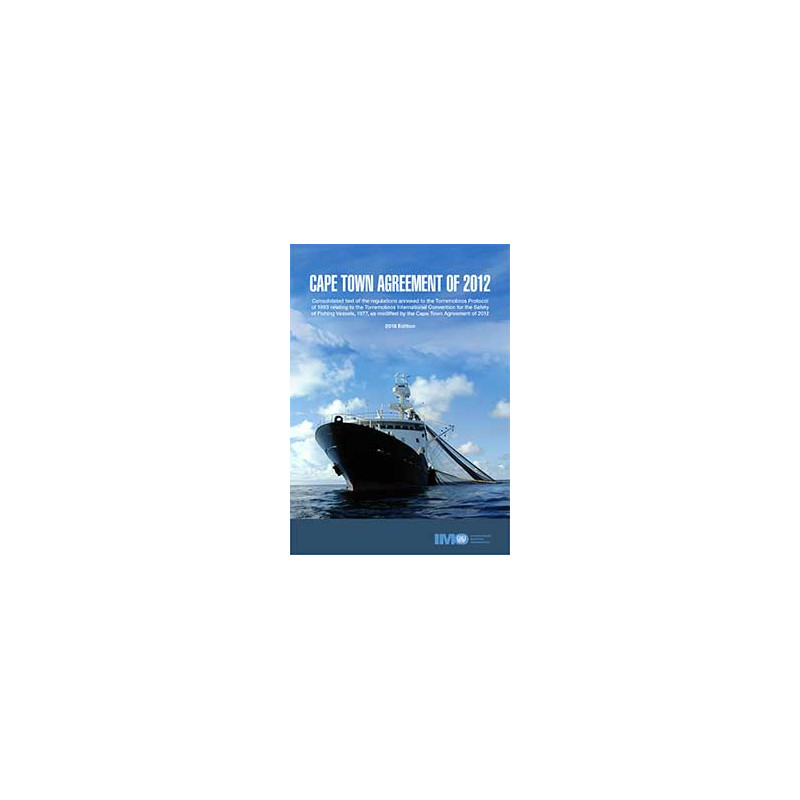




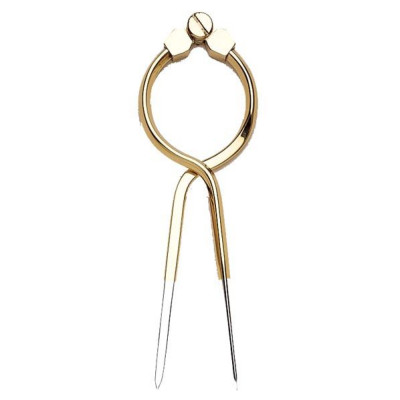
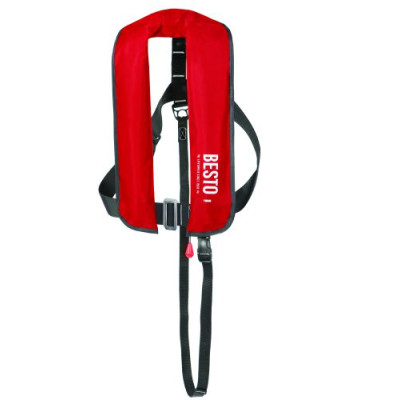

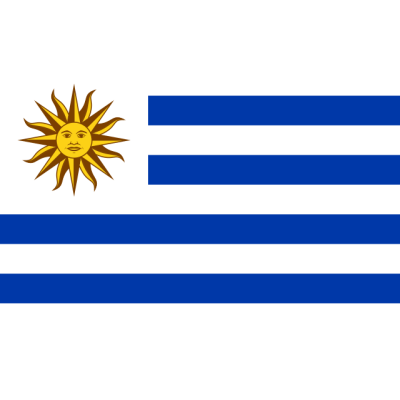

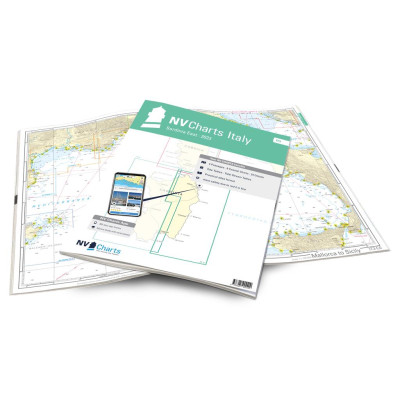





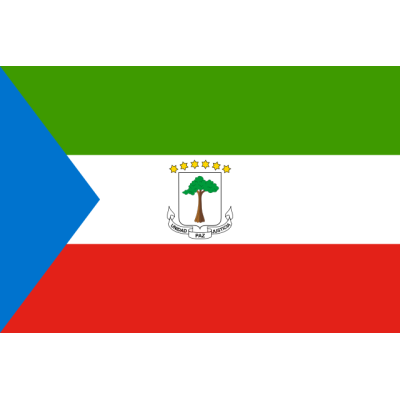
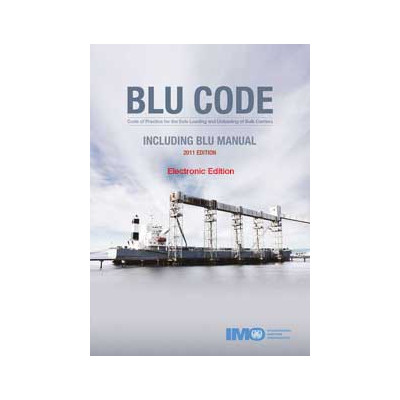
 Cookies
Cookies